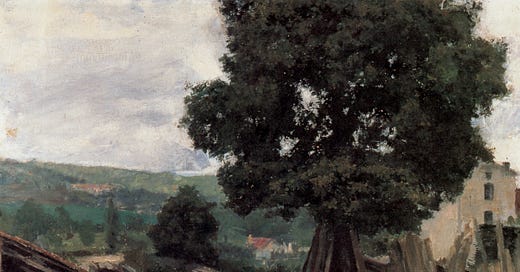Rise up, you who would endeavor this prize.
— Homer, Iliad 23.753, trans. R. Lattimore
We - members of this movement - must stop watching sports. It’s weakening us. Like pornography, it is a simulation of engaging in the act itself, chemically satisfying our need for play and vigor without providing any of the relevant strength and virtue.
The relationship of modern man to sport is an unusual one. The playing of sport has been neatly removed from the life of the average adult. In ages past, engaging in sport was both an intrinsic part of the noble individual’s life and a constituent part of the social fabric within which he operated.
Professional, commercialized sports, conversely, place the activity entirely outside society - both omnipresent and yet totally alien and untouchable, impossible to participate in except as impotent observer, without any wider metaphysical, ethical, or religious significance.
Sport as pure spectator entertainment is trivial and sterile, and emblematic of a decadent late-stage culture that has lost its vitality. Sport has meant many things to the various cultural eras of Western history, but what these understandings have in common is the integration of the participation in sport into grander ideas of peoplehood, worship, and nobility.
Previous generations integrated physical play into the complex dynamics of energetic societies. Sport was used to elevate the quality of the young, to inculcate hard-won values and virtues, to cultivate aristocratic abilities like hunting and defence, to compete not just as individuals but as communities - each town measuring itself against the vitality of the next town over, attempting to demonstrate the superiority of a particular way of life over a rival.
Keep reading with a 7-day free trial
Subscribe to Becoming Noble to keep reading this post and get 7 days of free access to the full post archives.



